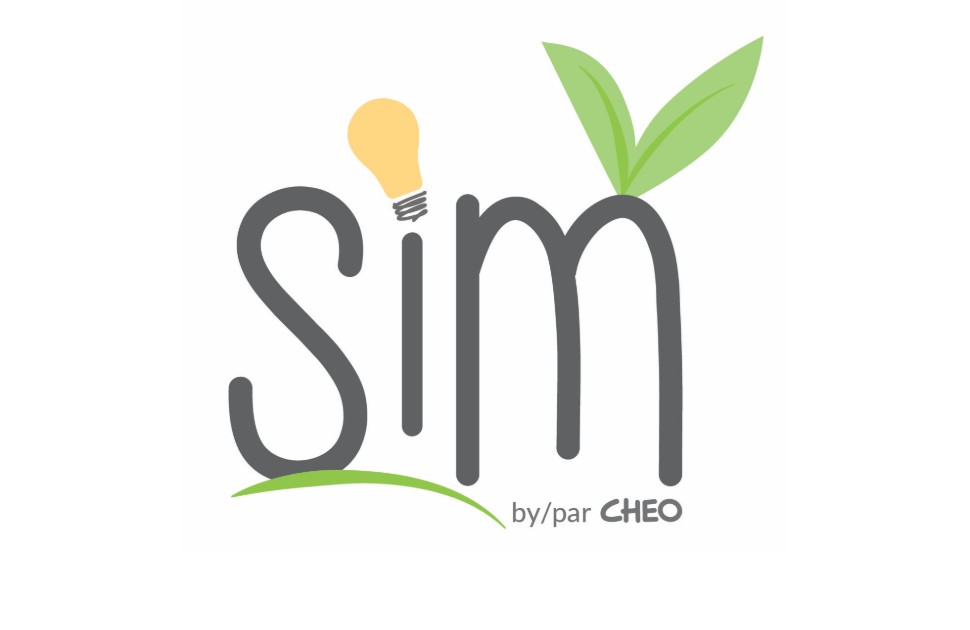Join our team
Come learn and play with us! We would love you to join our collaborative, enthusiastic group of Simulation facilitators.
We welcome facilitators from any discipline.
If you are new to simulation, here are the courses we offer to prepare you for becoming a CHEO SIM Facilitator:
Local CHEO SIM workshops:
Introduction to Simulation Debriefing
|
|
Objectives:
- Familiarize yourself with Experiential Learning Theory and Debriefing with good judgement
- Learn elements of effective debriefing
- Learn the PEARLS structure for debriefing
- Practice debriefing skills learned
|
Rapid Cycle Deliberate Practice (RCDP)
|
|
Rapid-Cycle Deliberate Practice (RCDP) is a simulation-based instructional strategy that focuses on rapid acquisition of necessary skills. Participants maximize their time practicing patient care the “right way,” with instructors observing performance gaps and providing prescriptions to correct participant actions. The goal of RCDP is mastery of key learning objectives based on established procedures or protocols, with instructor coaching and feedback provided as necessary so that each team member can achieve mastery performance.
Objectives of the RCDP workshop:
- Learn the foundational knowledge of the concepts of RCDP and educational foundations of the framework
- Understand when to use RCDP
- Develop your own RCDP session
|
Debriefing Assessment for Simulation in Healthcare (DASH) Rater Workshop
|
|
Objectives:
- Learn elements of the DASH (Debriefing Assessment for Simulation in Healthcare)
- Learn elements involved in assessing debriefings and giving feedback to facilitators.
- Practice assessing debriefings
Required for Simulation Faculty Advanced Level
|
Debriefing resources
So you want to be CHEO SIM faculty?
We are excited you want to join our CHEO SIM Faculty! After obtaining the necessary debriefing training, anyone can join our team.
The following are the important criterion necessary to be considered CHEO SIM faculty.
Simulation Associate
|
- Must have completed formal training in simulation facilitation and debriefing. This would include things such as simulation and debriefing courses (i.e. CHEO SIM course, ASSET course), workshops at recognized simulation conferences(i.e. IMSH, IPSSW), or training in resident or fellowship programs with formal curriculum in simulation facilitation and debriefing (i.e. CHEO PEM fellowship).
- Must facilitate a simulation and debriefing session at least 4 times per academic year with mentoring from a qualified mentor (Simulation Faculty Advanced or Expert). This is meant to promote skills learned in formal training with support. Examples would include undergraduate and post-graduate simulation curriculum sessions, nursing simulation, multidisciplinary sessions, ED Outreach, or workshops for conferences.
- Must have at least 8 mentored simulation sessions with formal feedback to achieve Simulation Associate status. This is to achieve competency in facilitating simulation and debriefing.
- Must continue to do at least 4 sessions per year to maintain Simulation Associate status. This is to maintain competency in facilitating simulation and debriefing.
- Must be observed facilitating a simulation and debriefing session by a Simulation Faculty Expert member with feedback given on debriefing style every 2 years.
|
Simulation Faculty
|
- Must have completed criteria to achieve Simulation Associate status.
- Must facilitate a simulation and debriefing session at least 6 times per year.
- Must demonstrate academic advancement in the field of simulation every 2 years. This would include attending or presenting at conferences, curriculum development, research related to simulation (ongoing or published), or other workshops or learning experiences related to simulation and debriefing
- Must be observed facilitating a simulation and debriefing session by a fellow Simulation Faculty Expert member with feedback given on debriefing style every 2 years
- Must demonstrate proficiency in set up and take down of simulation equipment currently in use by simulation program.
|
Simulation Faculty Advanced
|
- Must have completed criteria to achieve and maintain Simulation Faculty status.
- Must have completed formal training in advanced simulation debriefing (i.e. difficult debriefing, co-debriefing) or curriculum development.
- Must provide mentorship to Simulation Associate level faculty at least 4 times per year with formal feedback.
|
Simulation Faculty Expert
|
- Must have completed criteria to achieve and maintain Simulation Faculty Advanced status
- Must have formal training in debriefing assessment (i.e. DASH rater training)
- Must conduct peer reviews of fellow Simulation Faculty at least 4 times per year
|
Accountability
It will be up to the individual faculty to log their own events to meet criteria.
Once a year, the CHEO SIM Education Committee will review all members status as Simulation Faculty.
Benefits
- Member of CHEO SIM program
- Recognized leader in Simulation education
- Educational activities towards education portfolio
- Opportunity to work with leaders in pediatric simulation





